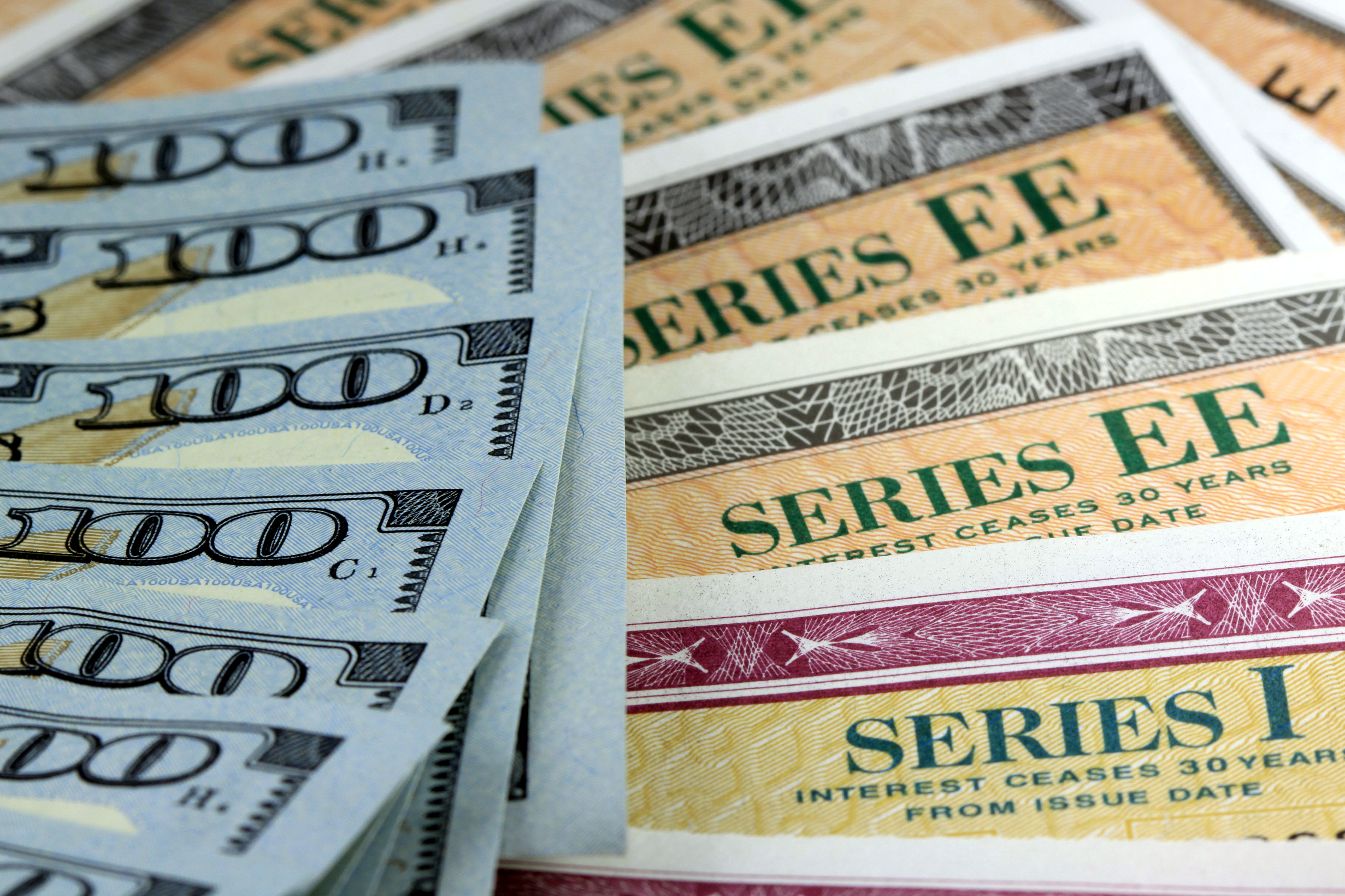![United States Savings Bonds with American Currency - Financial Security [image : 86827082]](http://www.gannett-cdn.com/-mm-/9fdf6696b4b4729dfac60d5c20d50ea024cd1769/c=492-0-3976-2978/local/-/media/2016/07/07/USATODAY/USATODAY/636035149902706303-ThinkstockPhotos-468446675.jpg)
Q: I own many EE bonds that have reached their final maturity. They were purchased between 1983-85 and are registered mostly to my wife and me, with some also to me and one of my grown children. Is there any way to redeem them in a way that federal tax would not be due? Some kind of an educational/college account? — Frank Volpe, White Plains, N.Y.
A: There is a way to use EE bonds for qualified higher education expenses to avoid federal tax on the accrued interest, according to Nate Wenner, regional director with Wipfli Hewins Investment Advisors in Edina, Minn. But (there’s almost always a but) there are some very specific requirements, he says.
![Social Security and savings bonds: 2 Q&A's [oembed : 86827408] [oembed : 86827408] [oembed : 86827408] [oembed : 86827408]](/Portals/_default/Skins/PrestoLegacy/CommonCss/images/smartembed.png)
First, Wenner says, the savings bonds must be series EE bonds issued after 1989 or series I bonds. It appears you might not meet this qualification. And second, the bond owner must be at least 24 years old on the issue date. So, young children cannot be the listed owner, but their parent(s) may be.
What’s more, Wenner says qualified higher education expenses must be paid for in the same calendar year in which the bonds are redeemed.
And then there’s the issue of income. “A critical factor is that there are income limitations for the year in which the bonds are redeemed,” says Wenner. “The amount of interest excluded from a taxpayer’s income is reduced if you have modified adjusted gross income of $115,750 to $145,750 for married filing jointly, or $77,200 to $92,200 for single filers, and the interest is entirely taxable if your income exceeds the range.”
Other factors, such as scholarships, can limit your tax exclusion as well, says Wenner.
For more, read Education Savings Bond Program.
![With Social Security, you get 1 chance to change your mind [oembed : 86827414] [oembed : 86827414] [oembed : 86827414] [oembed : 86827414]](/Portals/_default/Skins/PrestoLegacy/CommonCss/images/smartembed.png)
Robert Powell is editor of Retirement Weekly, contributes regularly to USA TODAY, The Wall Street Journal and MarketWatch. Got questions about money? Email rpowell@allthingsretirement.com.


